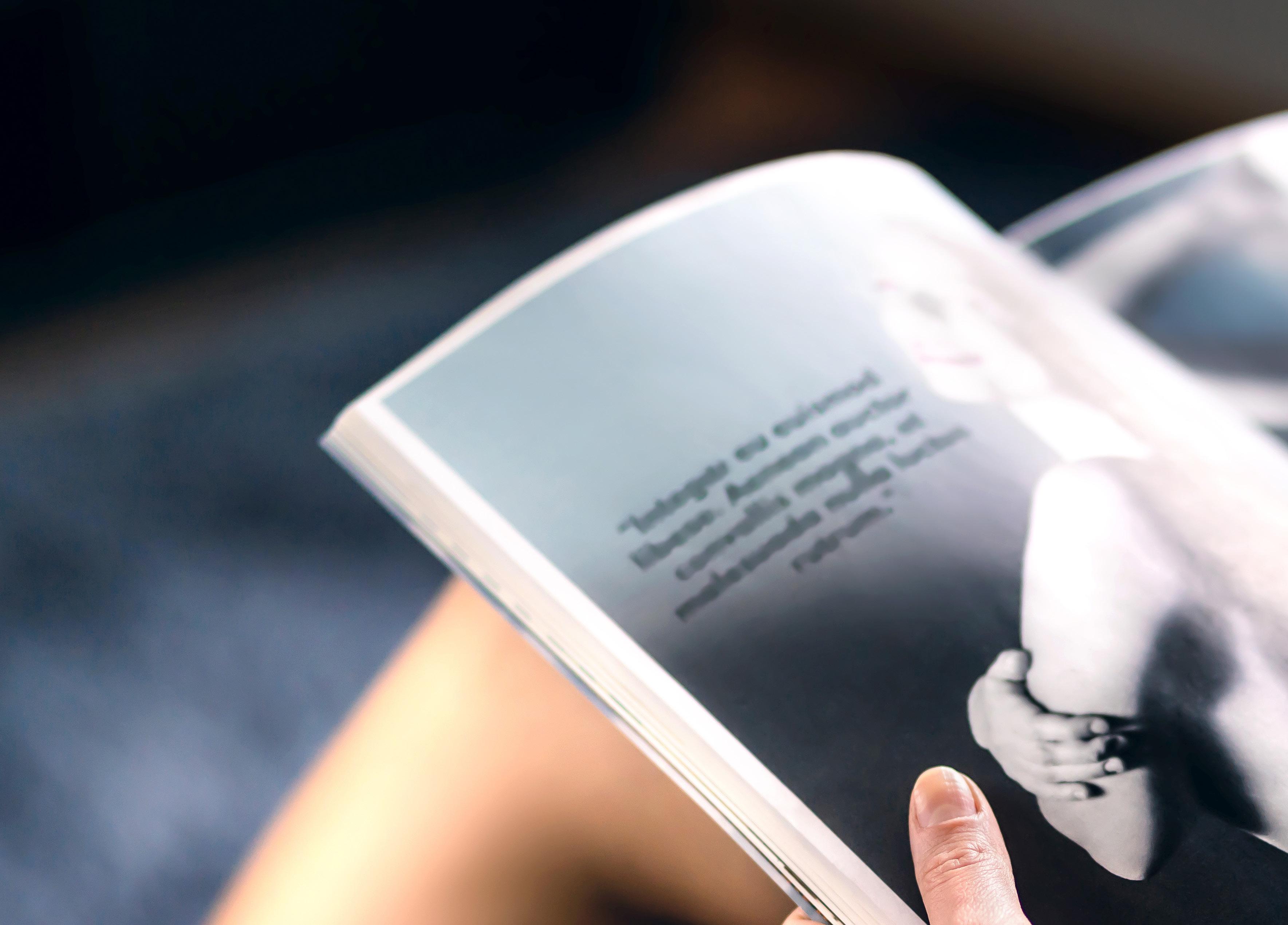
5 minute read
Managing a career through change
from Human Resources - Autumn 2021 (Vol 25: No 3) - Maintaining a positive culture in a disrupted world!
Dr Christian Yao, from Victoria University of Wellington, reflects on how much has changed in the career landscape over the past few months and looks at how we can keep our careers on track and thriving.
Only six months ago, I was teaching a class of students about technological disruption on careers and how this may reshape individuals, organisations and societies. Today, as a result of COVID-19, these scenarios need to be revisited as we experience a global wipe-out of jobs, incomes, livelihoods and future endeavours.
The effects have begun. Pilots who spent years training and flying now face the harsh reality of losing their jobs. Café and restaurant owners who have put all their money and energy into their businesses have faced months of minimal revenue. Tour operators who have previously enjoyed the international tourist influx have seen visitor numbers reduce to zero. These are just some of the examples of how the global pandemic has affected people.
According to the International Labour Organization, the disruption to the world’s economies caused by the pandemic is expected to wipe out 6.7 per cent of working hours globally in the second quarter of this year – the equivalent of 195 million jobs worldwide. The speed is fast, the scale is vast and the effect is cascading. So far, lots of attention has been given to the impact on jobs and incomes but less so on careers.
So, what are the differences between careers and jobs, and how should we view and protect our careers through the pandemic?
• A job is something you do to earn money and to pay the bills while a career is a series of connected employment and business opportunities to achieve personal goals.
• A job can be short term, yet a career needs a plan with a focus on long-term achievements.
• A job is a reactive approach to the changing context. A career requires a proactive attitude and careful craftsmanship.
• You can lose a job in the blink of an eye. Careers can stay with you even when you experience temporary shocks.
It is the government’s role to save jobs but, individually, it is our job to rethink and be more strategic about our careers.
Protect the basics: Finances First and foremost, we need to take care of our personal finances. Do a budget and think about ways of reducing expenses and be prepared for potential job loss. Get in touch with your bank and discuss ways they can support you through the shortterm pressure. Gather information from the government to see what support you may get.
Differentiate between a job and a career
If you’ve lost a job or are about to, it is important to be pragmatic about the differences between a job and a career. Get a job that will help pay the bills but also spend time thinking about the big picture – your career. What are the things that make you truly happy? Are there any career paths you have always wanted to pursue but never got around to? What will it take you to get there? Asking these questions will help you find a path through the woods to start an exciting new journey. I was made redundant from an IT company in 2009 as a result of the Global Financial Crisis. I quickly found a job in a restaurant to maintain my income, and during this time, I had the space and motivation to plan for my dream career of being an academic.

Invest in your career capital
Like investments, the value of your career will likely experience ups and downs during your life. Sometimes, it may be useful to accept the shortterm losses and focus on the longterm gains. With a careful plan and persistence, you will see a bull market for your skills. You should also invest in your career capital, for example: develop skills that are future proof, maintain and build your professional networks, and work on your personal resilience.
Be innovative and flexible
Regardless of the impact of COVID-19, we have entered an era where careers are no longer conventional. Contracting jobs, portfolio careers and digital careers may be good options for you.
Treat the job market as an eco-system
Following the principles of Yin and Yang, you should treat the job market as an integrated system. If you work with the tide, rather than against it, you will always know which step to take. If an occupation is perceived to be redundant, then accept it and move on.
Be the first mover
We all know that the impact of COVID-19 will pass one day, so we need to be prepared. Collect information from different sources and be ready to grab the opportunities when you see them.
Be kind to yourself
Finally, and most importantly, be kind to yourself. It can be a lonely and painful process surviving a job loss and jumpstarting a new career. Looking after your physical and mental health first will only make your newly selected career more sustainable.
Dr Christian Yao is the Academic Programme Leader of the Masters of Global Business and a senior lecturer at Victoria University of Wellington. Christian’s research focuses on global careers, cross-cultural mobility and international human resource management. Christian is an award-winning researcher, and his work has been published in academic journals such as the International Journal of Human Resource Management, the International Journal of Management Reviews and Career Development International. His collaborative research on living wage issues in New Zealand addresses the important social issue of poverty using capability theory. Christian holds editorial roles in several international journals.










